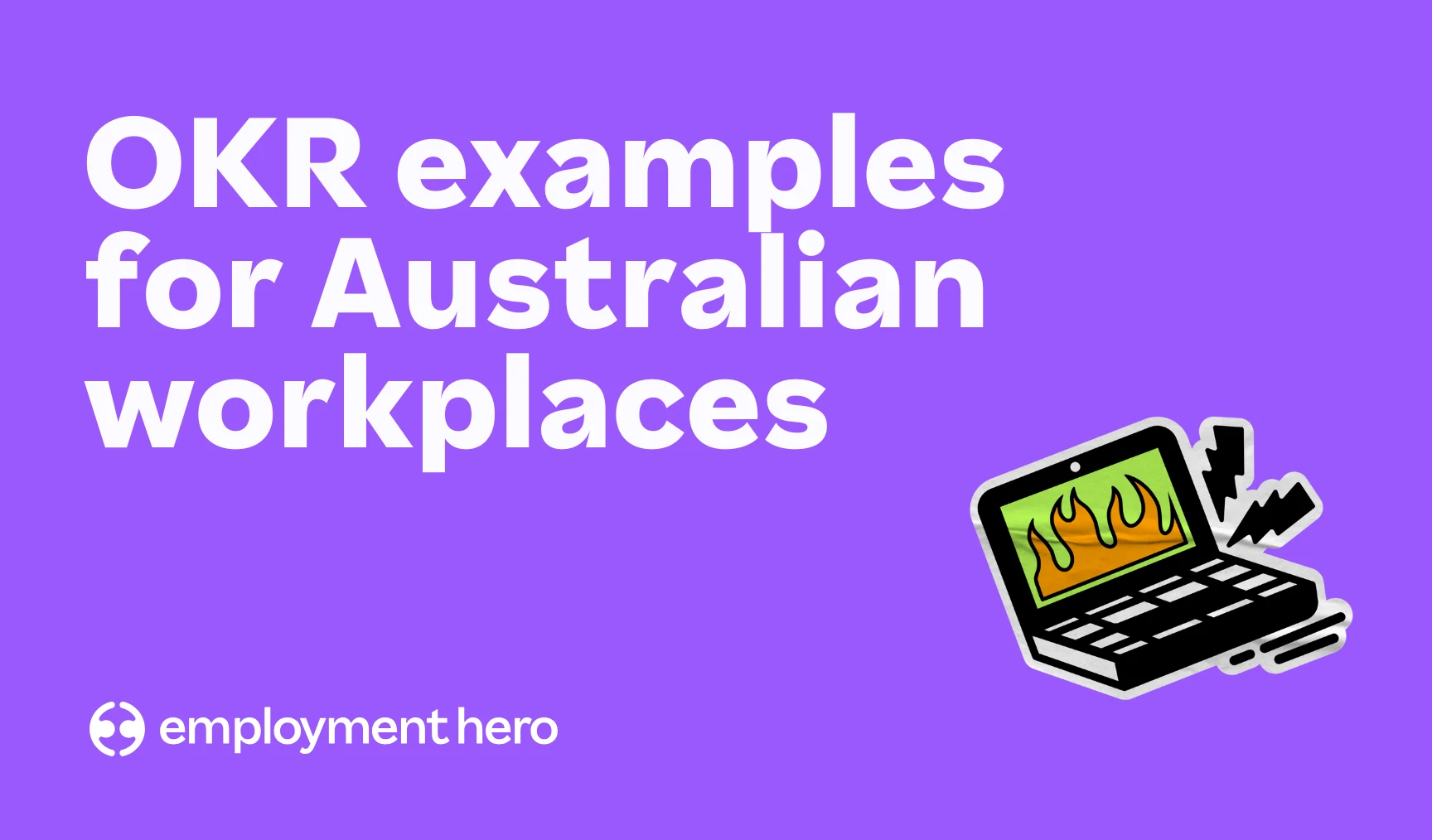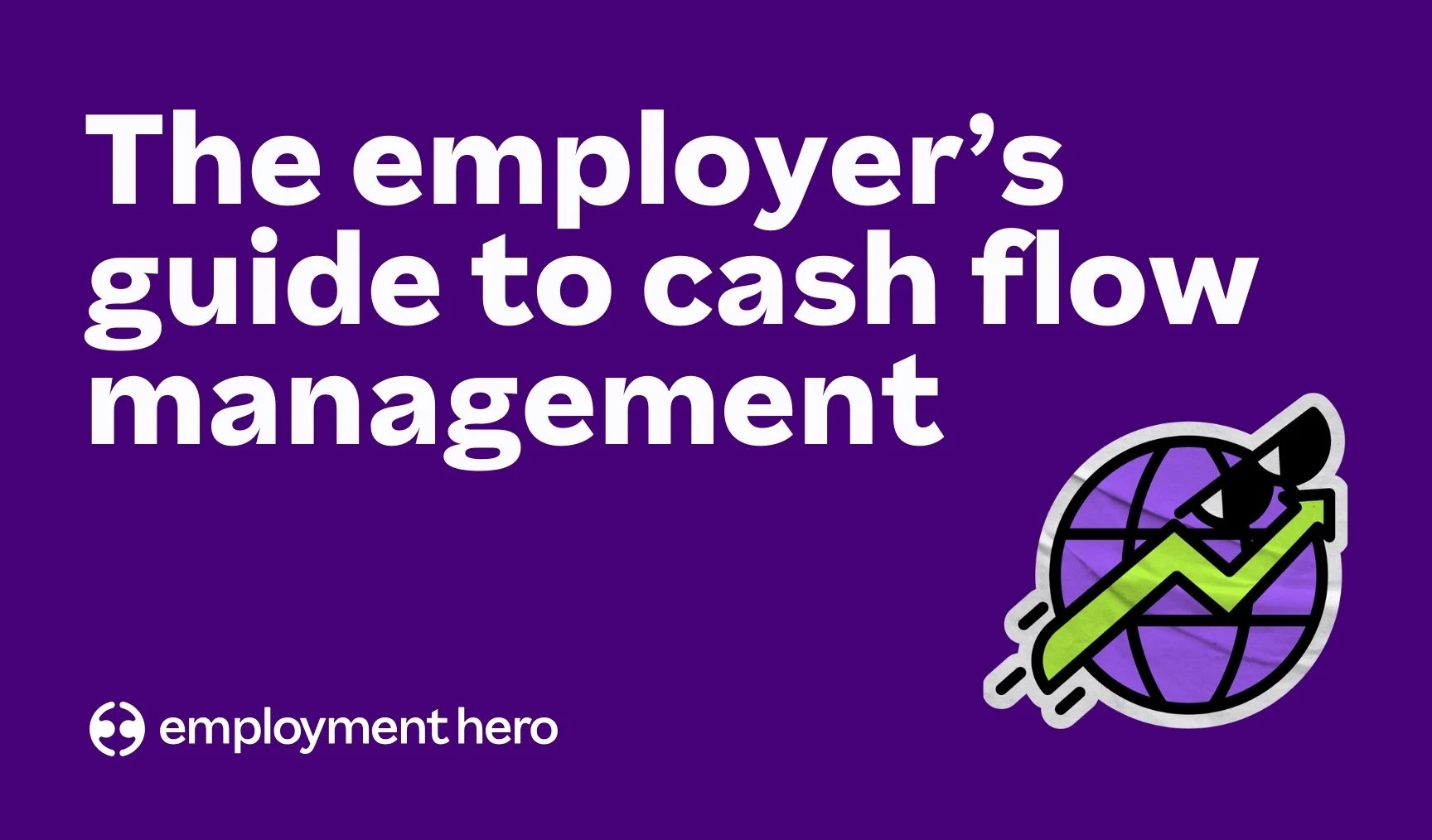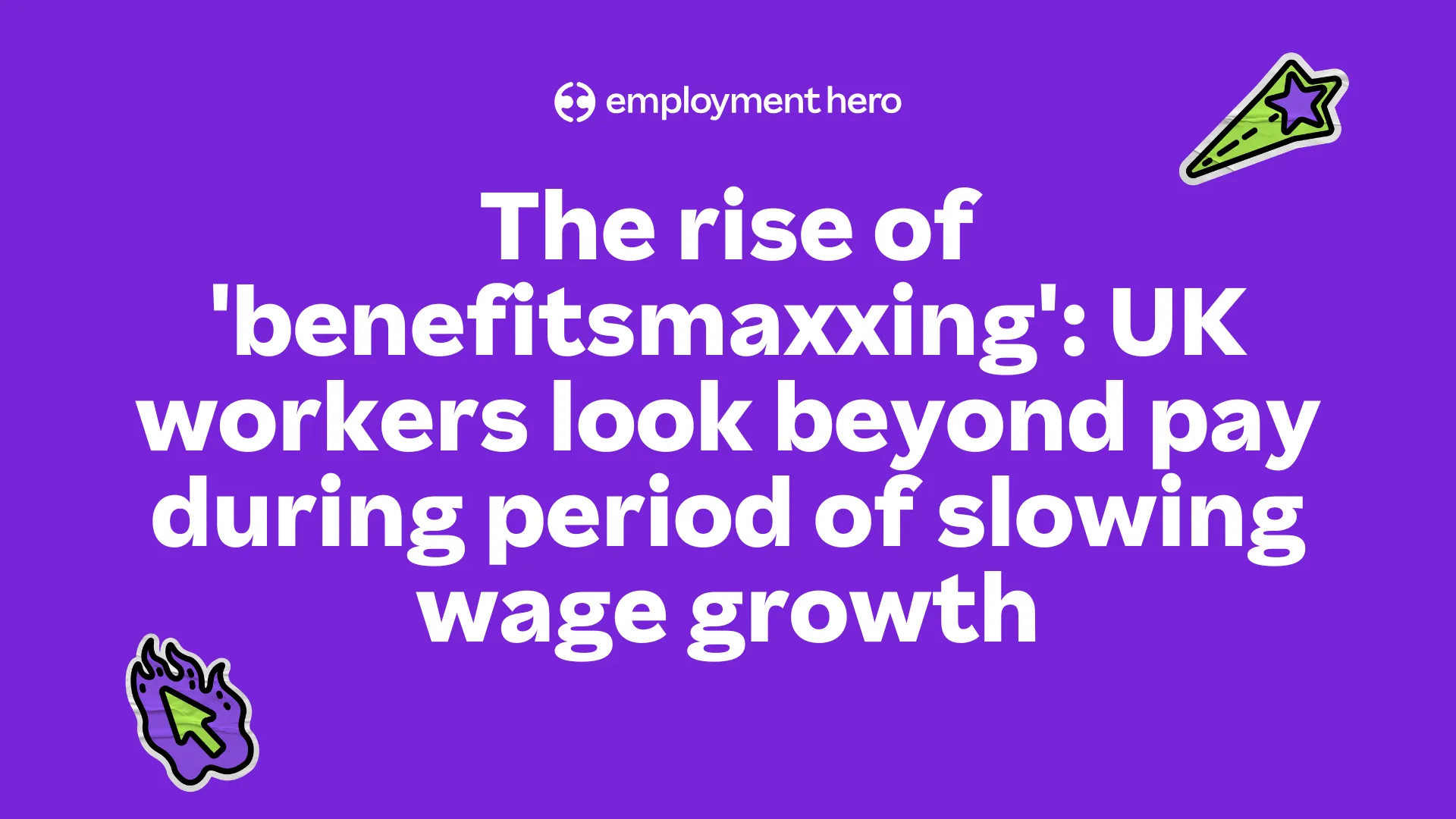How Employment Hero can help businesses with the Closing Loopholes Bill

Contents
Are you across the employment law updates coming into effect from 26 August 2024?
With changes impacting the way employers manage their casual employees, engage with independent contractors and contact their employees after-hours, it’s essential that businesses know their obligations. With big penalties on the line for non-compliance, this is something that employers need to get right from the start.
These changes fall under the Government’s Closing Loopholes legislation – comprising the Fair Work Amendment (Closing Loopholes) Bill 2023 and the Fair Work Amendment (Closing Loopholes No.2) Bill 2023. Together, these pieces of legislation present significant reforms to the country’s workplace laws and bring big changes for both employers and employees.
Luckily, Employment Hero can make managing your employer obligations easier. We’ve outlined the changes coming your way, plus all the ways our platform can support you from 26 August 2024 onwards.
Disclaimer: The information in this article is relevant as at 13 August 2024, and has been prepared by Employment Hero Pty Ltd ABN (11 160 047 709) (Employment Hero). The views expressed herein are general information only and are provided in good faith to assist employers and their employees. The Information is based on data supplied by third parties. While such data is believed to be accurate, it has not been independently verified and no warranties are given that it is complete, accurate, up to date or fit for the purpose for which it is required. Employment Hero does not accept responsibility for any inaccuracy in such data and is not liable for any loss or damages arising either directly or indirectly as a result of reliance on, use of or inability to use any information provided in this article
What are the changes coming into effect on 26 August 2024?
The introduction of the Right to Disconnect
The new ‘right to disconnect’ rule will be introduced for employees from 26 August 2024, where they are employed in a business with 15 or more employees.
For employees in smaller businesses with less than 15 employees, the ‘right to disconnect’ will be introduced on 26 August 2025.
The new right gives an employee a right to refuse to respond to contact from their employer, outside of work hours, unless the contact is deemed to be reasonable.
For more information, download our factsheet on understanding the right to disconnect.
Changes to casual employment
The way that employers manage their casual employees is changing. These updates relate to how casual work is defined, the changing pathway from casual employment to full-time or part-time employment, as well as a range of other responsibilities for both employees and employers, including:
- A new definition of casual employment to be included in the Fair Work Act which moves away from the terms of the employment contract being the decisive factor and instead looks at the employment relationship as a whole.
- The existing process for casual conversion to permanent employment will be scrapped and replaced with a process that puts the onus on employees to request conversion.
- The Casual Employment Information Statement now needs to be issued at multiple times during employment, not just at the start.
- There is a new prohibition on terminating the employment of a permanent employee and re-engaging them as a casual.
- New rules about fixed-term engagements and casual employment.
For more information on the changes to casual employment, download our changes to casual employment factsheet.
Changes to independent contractors
For independent contractors in Australia, there are a range of changes on the way, most of which take effect on 26 August 2024. These include:
- A new test for determining if someone is an independent contractor or an employee.
- Making it harder to defend a claim of “sham contracting”.
- New ability for contractors to challenge unfair contract terms.
- More protections for contractors in the road transport industry and those engaged through digital platforms.
For more information on the changes to independent contractors, download our changes to independent contractors factsheet.
How is Employment Hero helping businesses manage these employment law changes?
We’ve added the inclusion of an optional ‘Right to Disconnect’ clause for Australian employment contracts
From 26 August 2024, Australian employment contracts in-platform will have the option to include a ‘Right to Disconnect’ clause, which will set an expectation that employees will be required to respond to reasonable out-of-hours contact.
This can give employers the compliance confidence they need to navigate this new legislation by setting clear expectations and boundaries.
We’ve created a new ‘Right to Disconnect’ policy
To better manage your employer obligations under the new ‘Right to Disconnect’, we’ve included a new policy template in-platform.
By issuing a policy to your team, you can be confident they know their obligations when it comes to replying to messages or calls after work. You can issue the new ‘Right to Disconnect’ policy in-platform, where your employees will be required to digitally sign and acknowledge it.
We’ve updated the Australian casual employment contract
In Employment Hero, you’ll also find updates to the casual employment contract to reflect the new definition of casual employment coming into effect from 26 August.
We’ll send you a notification when you need to reissue the Casual Employment Information Statement (CEIS) at the required times
From 26 August 2024, employers who are not a small business (15 or more employees) must:
- Give a casual employee a copy of the Statement before, or as soon as practicable after, the employee starts employment.
- Then give them a copy again as soon as practicable after the employee has been employed for a period of 6 months, beginning the day the employment started.
- Then again as soon as practicable after the employee has been employed by the employer for a period of 12 months, beginning the day the employment.
- And then again at the end of every subsequent period of 12 months for which the employee is employed by the employer.
For small businesses (less than 15 employees), they must:
- Give a casual employee a copy of the Statement before, or as soon as practicable after, the employee starts employment.
- Then again as soon as practicable after the employee has been employed by the employer for a period of 12 months beginning the day the employment.
- But not again after that!
Without the use of a powerful employment platform, issuing these documents at the required intervals can turn into an admin nightmare.
That’s why we’ve automated this process, meaning the CEIS now has the capability to be sent out at the required times listed above. Admins will receive a notification at the 6 and 12 month mark of the employees casual employment, asking them if they want to re-issue the CEIS. Once the Admin confirms, the employee will be notified. This means that your records are all kept in one place with exact timestamps for issuing.
Employment Hero can help you understand if your employees are ‘true’ casuals
Under the new legislation, casual employees only become eligible to elect to convert to permanent employment when they no longer meet the new definition of casual employee.
A key part of the definition is that a true causal employee can generally choose whether or not to accept or decline shifts. By using the Swag rostering function, employers will be able to show that employees have a choice whether or not to accept a shift offered to them, and therefore supporting the view that they remain true casual employees.
Learn more about managing shifts.
Employment Hero can help you manage your employer obligations
If you need any further help understanding your rights and obligations around these updates coming into effect from 26 August 2024, our HR Advisory team can help.
If you’d like to learn more about how our HR, recruitment and payroll platform can help you handle employment law changes, get in touch with one of our business specialists today.
Related Resources
-
 Read more: OKR examples for Australian workplaces
Read more: OKR examples for Australian workplacesOKR examples for Australian workplaces
Discover practical OKR examples for Australian businesses. Learn how to set effective objectives and key results to boost alignment and…
-
 Read more: Cash flow management: The guide to financial health for Australian businesses
Read more: Cash flow management: The guide to financial health for Australian businessesCash flow management: The guide to financial health for Australian businesses
Discover effective cash flow management strategies for employers. Learn how to forecast cash flows, manage inflows and outflows, and ensure…
-
 Read more: The rise of ‘benefitsmaxxing’: UK workers look beyond pay during period of slowing wage growth
Read more: The rise of ‘benefitsmaxxing’: UK workers look beyond pay during period of slowing wage growthThe rise of ‘benefitsmaxxing’: UK workers look beyond pay during period of slowing wage growth
26 February 2026 – New research commissioned by Employment Hero reveals 53% of UK workers say better benefits are a…
























